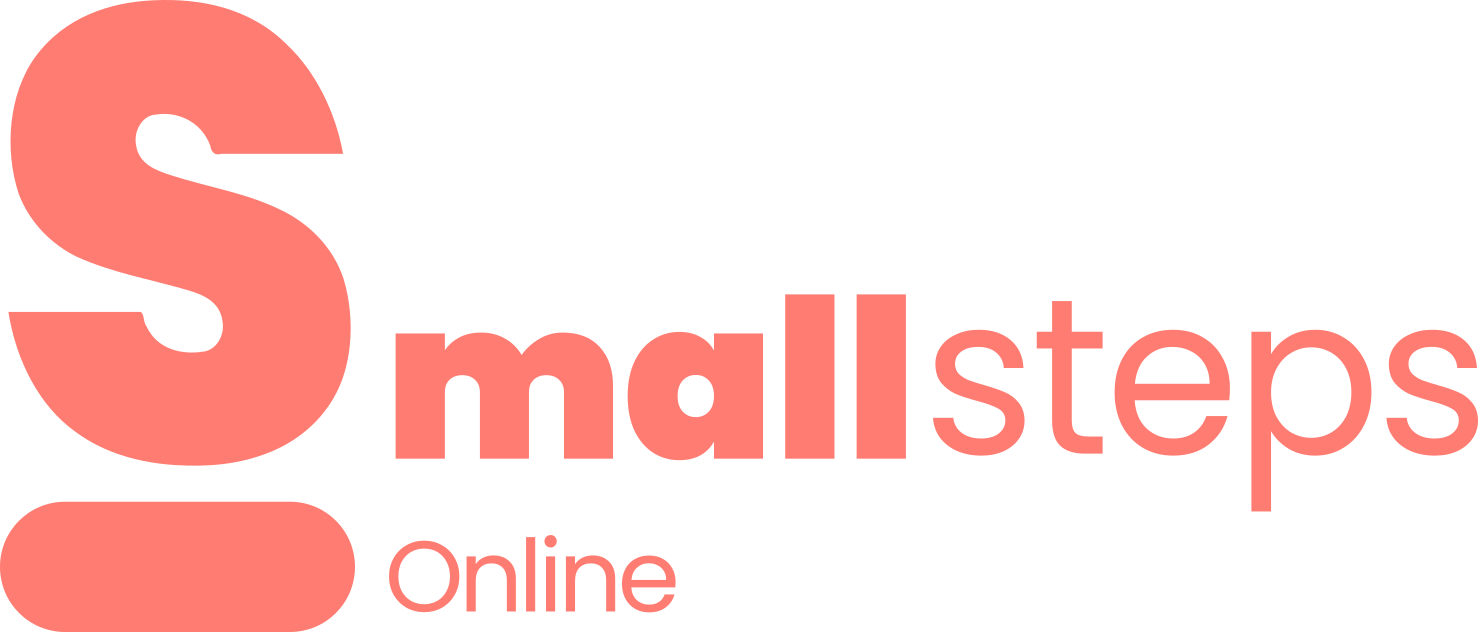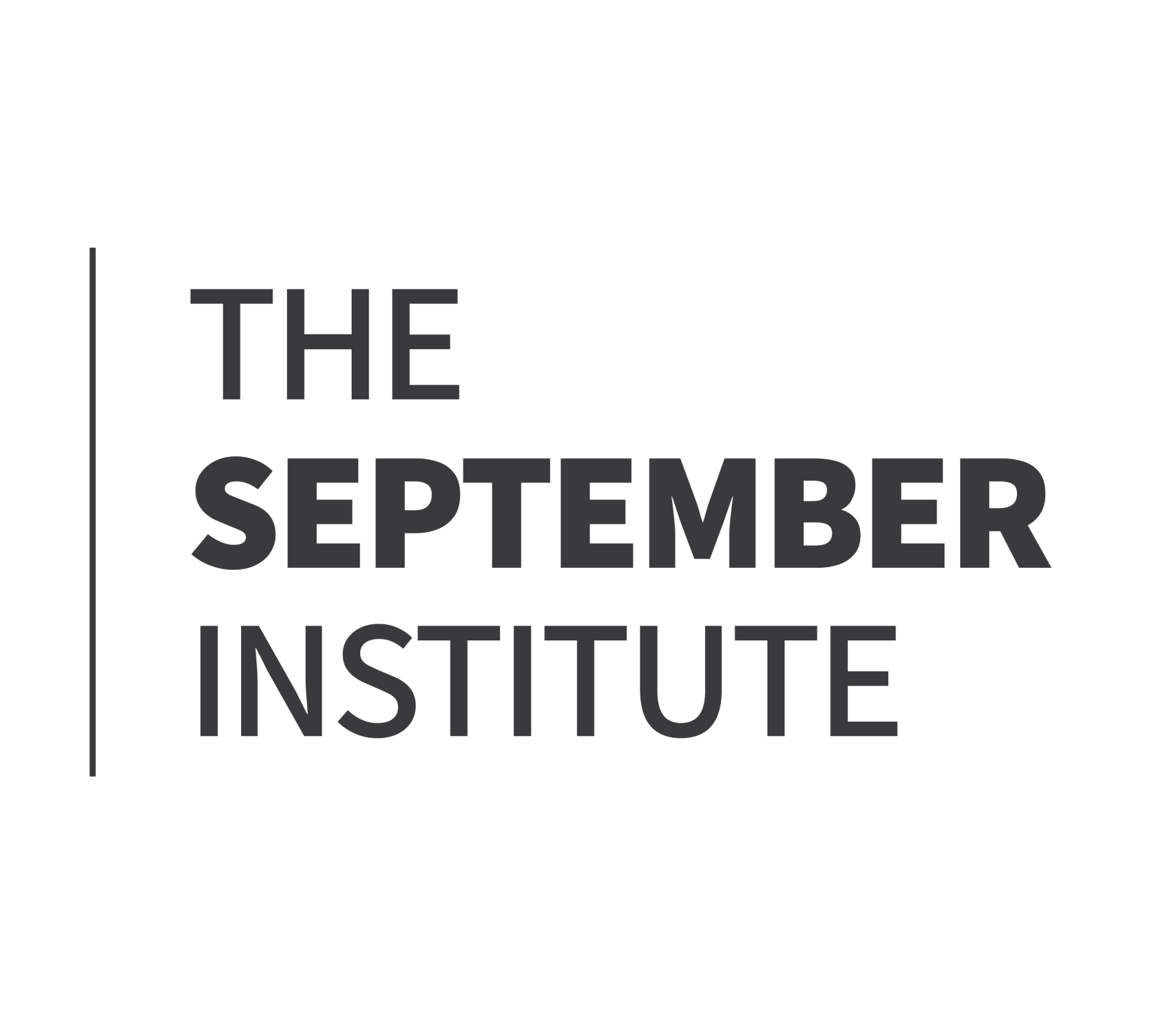For Parents and Parents-to-Be of Children with Down Syndrome
What is Down Syndrome?
Regardless of the type, the characteristics and support needs of each child will vary. No two children with Down syndrome are the same.
What Does This Mean for My Baby?
Babies with Down syndrome are first and foremost babies—unique, lovable individuals with their own personalities, preferences, and potential. They will need love, cuddles, milk, and rest, just like any other new born.
Knowing about these possibilities early allows you and your healthcare team to provide the best support for your child’s growth and wellbeing.
What Can I Expect Right After the Diagnosis?
Here’s what may happen in the early days:
1. Initial Tests and Check-ups
Doctors may recommend a series of health screenings to check for common medical conditions associated with Down syndrome.
These may include:
These tests can feel intimidating at first, but they help ensure your child gets the support they need from the start.
2. Meeting the Right Professionals
You might be referred to a paediatrician with experience in developmental care, as well as specialists like a cardiologist, physiotherapist, or speech and language therapist.
Some hospitals also have care coordinators or social workers to guide you, or, check out our professionals map to find a therapist near you. It’s okay if you don’t remember every name or medical term. What matters most is that you feel supported and heard.
3. Feeling a Range of Emotions
What Support Is Available?
One of the most powerful things you can do in these early days is to connect with support systems:
What Will Life Be Like?
It's one of the first questions many parents ask is what kind of life will my child have? The honest answer is, just like any child, your baby’s life will be shaped by a mix of personality, environment, support, and opportunity. Children with Down syndrome go to school, make friends, enjoy hobbies, and contribute meaningfully to their communities. Some will need more support than others, but every child deserves the chance to learn, grow, and be included.
What makes the biggest difference isn’t a diagnosis—it’s a loving, supportive family, access to the right services, and a world that sees your child’s worth.
Check out the stories from real-life parents on our blog for an insight into what it's like raising a child with Down Syndrome.
Moving Forward: Right now your job is simply to take it one day at a time. Give all of your love to your baby, spend time cuddling skin-to-skin. Sing lullabies. Look into their eyes and talk to them. Celebrate their tiny milestones. Ask for help when you need it. You don't need to plan your child’s entire future today. You just need to walk with them, step by step, and trust that you will figure things out together.
A Final Word of Reassurance
You may not have chosen this path, but it’s one that many families walk with strength, joy, and fierce love. Your baby is not a diagnosis. They are a whole, precious person—deserving of the same hopes, dreams, and opportunities as any other child. You are already the parent your child needs. And while this journey may look different from what you expected, it is still filled with beauty, laughter, and deep, meaningful connection.
If you’ve recently received a diagnosis and are looking for support, we’re here for you.
Explore our blog, connect with other parents in our Small Steps Community, or reach out to learn more about the Small Steps Online course, designed to guide you through your baby’s development with Down syndrome.
You’ve got this, and you’re not alone!
Down syndrome is a genetic condition caused by the presence of an extra copy of chromosome 21. Most people have 46 chromosomes in each cell, but individuals with Down syndrome have 47. This small difference can influence how a child grows and develops, both physically and cognitively.
There are three types of Down syndrome:
- Trisomy 21 (about 95% of cases): Every cell in the body has an extra copy of chromosome 21.
- Translocation Down syndrome (about 4%): The extra chromosome 21 is attached to another chromosome.
- Mosaic Down syndrome (about 1%): Only some cells have the extra chromosome.
Regardless of the type, the characteristics and support needs of each child will vary. No two children with Down syndrome are the same.
What Does This Mean for My Baby?
Babies with Down syndrome are first and foremost babies—unique, lovable individuals with their own personalities, preferences, and potential. They will need love, cuddles, milk, and rest, just like any other new born.
But there are also some common characteristics to be aware of:
- Low muscle tone (Hypotonia): This can affect feeding, motor development, and posture. It often just means your baby may need a bit more time and support to master certain movements.
- Developmental delays: Your baby may reach milestones like sitting, crawling, and walking later than peers, but they will get there with time and encouragement.
- Health considerations: Some babies with Down syndrome are born with heart conditions, hearing or vision issues, or thyroid differences. Many of these are treatable or manageable with medical care.
- Distinct facial features: These may include almond-shaped eyes, a flatter nasal bridge, or a single crease across the palm—but remember, each baby looks like themselves, and these features do not define their worth or beauty.
Knowing about these possibilities early allows you and your healthcare team to provide the best support for your child’s growth and wellbeing.
What Can I Expect Right After the Diagnosis?
Whether you learned the diagnosis through prenatal testing or after your baby’s birth, it’s normal to feel overwhelmed. Take a deep breath. You don’t need to have all the answers right now.
Here’s what may happen in the early days:
1. Initial Tests and Check-ups
Doctors may recommend a series of health screenings to check for common medical conditions associated with Down syndrome.
These may include:
- A heart scan (echocardiogram) to check for congenital heart defects
- Hearing and vision tests Thyroid function tests
- Regular growth monitoring
These tests can feel intimidating at first, but they help ensure your child gets the support they need from the start.
2. Meeting the Right Professionals
You might be referred to a paediatrician with experience in developmental care, as well as specialists like a cardiologist, physiotherapist, or speech and language therapist.
Some hospitals also have care coordinators or social workers to guide you, or, check out our professionals map to find a therapist near you. It’s okay if you don’t remember every name or medical term. What matters most is that you feel supported and heard.
3. Feeling a Range of Emotions
Some parents feel numb, others cry, and many swing between gratitude and grief. None of these reactions mean you love your child any less. You may be mourning the future you imagined—and that’s okay. Over time, many parents come to embrace a new vision filled with just as much love, purpose, and possibility.
What Support Is Available?
One of the most powerful things you can do in these early days is to connect with support systems:
- Early Intervention Services: These programs (like Small Steps Online (which is completely free!) offer therapies that support your child’s development in areas like motor skills, communication, and feeding.
- Parent Support Groups: Whether local or online, talking to other parents who have walked this path can be incredibly reassuring. They understand what you're going through. You can connect with other parents walking the journey of raising a little one with Down Syndrome in our Small Steps Community Chat.
- Down Syndrome Associations: These organizations offer resources, events, and advocacy. Many also have helplines or new parent outreach programs. You don’t have to do this alone.
What Will Life Be Like?
It's one of the first questions many parents ask is what kind of life will my child have? The honest answer is, just like any child, your baby’s life will be shaped by a mix of personality, environment, support, and opportunity. Children with Down syndrome go to school, make friends, enjoy hobbies, and contribute meaningfully to their communities. Some will need more support than others, but every child deserves the chance to learn, grow, and be included.
What makes the biggest difference isn’t a diagnosis—it’s a loving, supportive family, access to the right services, and a world that sees your child’s worth.
Check out the stories from real-life parents on our blog for an insight into what it's like raising a child with Down Syndrome.
Moving Forward: Right now your job is simply to take it one day at a time. Give all of your love to your baby, spend time cuddling skin-to-skin. Sing lullabies. Look into their eyes and talk to them. Celebrate their tiny milestones. Ask for help when you need it. You don't need to plan your child’s entire future today. You just need to walk with them, step by step, and trust that you will figure things out together.
A Final Word of Reassurance
You may not have chosen this path, but it’s one that many families walk with strength, joy, and fierce love. Your baby is not a diagnosis. They are a whole, precious person—deserving of the same hopes, dreams, and opportunities as any other child. You are already the parent your child needs. And while this journey may look different from what you expected, it is still filled with beauty, laughter, and deep, meaningful connection.
If you’ve recently received a diagnosis and are looking for support, we’re here for you.
Explore our blog, connect with other parents in our Small Steps Community, or reach out to learn more about the Small Steps Online course, designed to guide you through your baby’s development with Down syndrome.
You’ve got this, and you’re not alone!
Disclaimer: The information provided on Small Steps Online is for educational purposes only and is not a substitute for professional medical, therapeutic, or developmental advice. Always consult with qualified healthcare providers, therapists, or relevant professionals regarding your child’s specific needs and situation. The September Institute and Small Steps Online are not liable for any outcomes resulting from the use or misuse of the information shared here.


